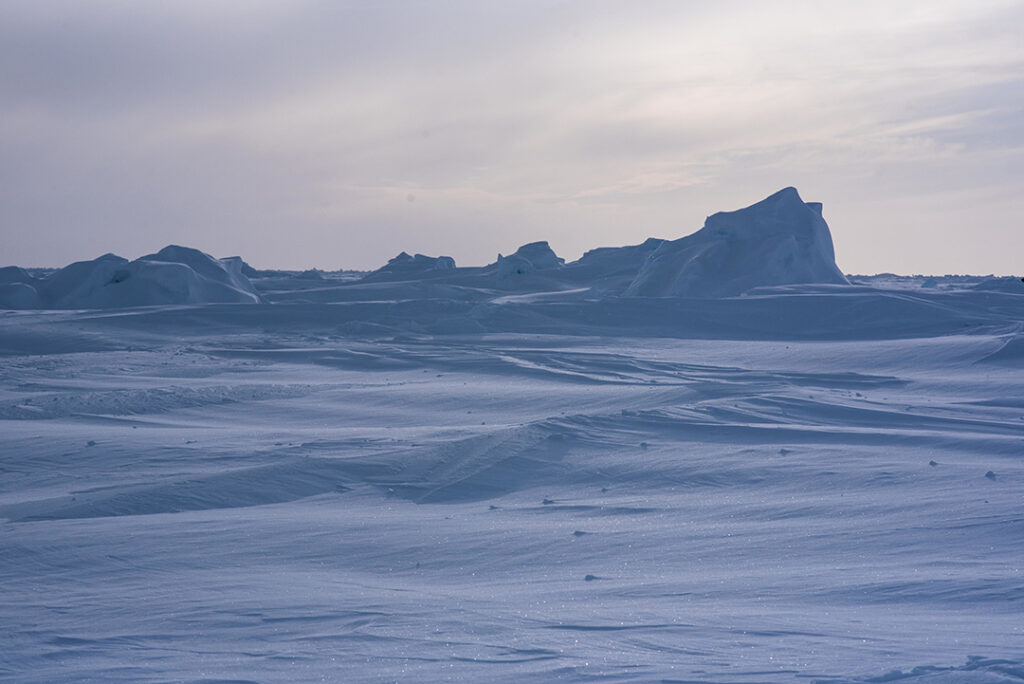THE WATCH STAFF
China presumptuously declared itself to be a “near-Arctic state” in a 2018 white paper, raising concerns about its ambitions in the region that have only intensified.
Recent history suggests those concerns are warranted: Beijing’s broad claims to maritime rights have led to disputes in the South China Sea, and it has sought greater global influence through its One Belt, One Road infrastructure scheme.
Still, one scholar says that China’s goals in the Arctic may be more nuanced than its conduct in the Indo-Pacific and elsewhere, given what he calls “two very inconvenient truths.”
“First of all, China’s a newcomer to the Arctic,” said Dr. Marc Lanteigne, an associate professor of political science at The Arctic University of Norway, Tromso (UiT). “It is still trying to … understand many different aspects of Arctic life on the local level, on the subregional level. And this is a process which takes time. It’s not something that can be bought.
“And the second inconvenient truth is that China is not an Arctic state.”
Lanteigne spoke during an October 21, 2021, online panel discussion titled “China and the Arctic: great power competition, security and regional responses” presented by LSE IDEAS, the foreign policy think tank of the London School of Economics and Political Science, and UiT.
For those reasons, Lanteigne said, China must tread carefully in the region and is “very dependent on the goodwill of the Arctic states for much of its policies.”
The eight Arctic sovereign states are Canada, Denmark, Finland, Iceland, Norway, Russia, Sweden and the United States. Those nations make up the Arctic Council (AC). China is one of several AC “observer” states.
The Arctic may seem an unusual priority for China, given that its northernmost point is still more than 900 miles from the Arctic Circle. (Pictured: A 2018 view from the Arctic Circle.) Still, as others in the panel discussion pointed out, the Arctic order historically has reflected the international order of the day.
Lanteigne said that China’s agenda focuses on three areas:
- Science: Beijing wants to develop partnerships — “scientific diplomacy” — to help it understand how climate change in the Arctic is affecting its weather and environment. Lanteigne noted that one concern is “dual use” — scientific pursuits and data put to work for military purposes.
- Economy: With climate change making the region’s oil, natural gas and minerals more accessible, China sees potential for infrastructure development and doesn’t want to be left out. It already has envisioned projects that haven’t panned out because of pushback from Arctic nations.
- Governance: Will Beijing remain content with its observer status? Lanteigne envisions a future — say in 10 years after China has more investment in the region — when it begins to “push against the boundaries a bit to say: ‘OK, we’d like a little bit more of a say in Arctic affairs.’”
Still, given that focus, Lanteigne remained skeptical that China seeks militarization in the region because of its dependence on Russia and other Arctic states for much of its policies.
“So, when we talk about Arctic security, it is really, really important, first of all, to look at what is happening versus what might happen because these two very often get confused,” Lanteigne said.
“That said, China is an … emerging Arctic player. And it’s only a question of what is the trajectory of China’s role in the region.”
IMAGE CREDIT: PETTY OFFICER 1ST CLASS DANIEL HINTON/U.S. NAVY

